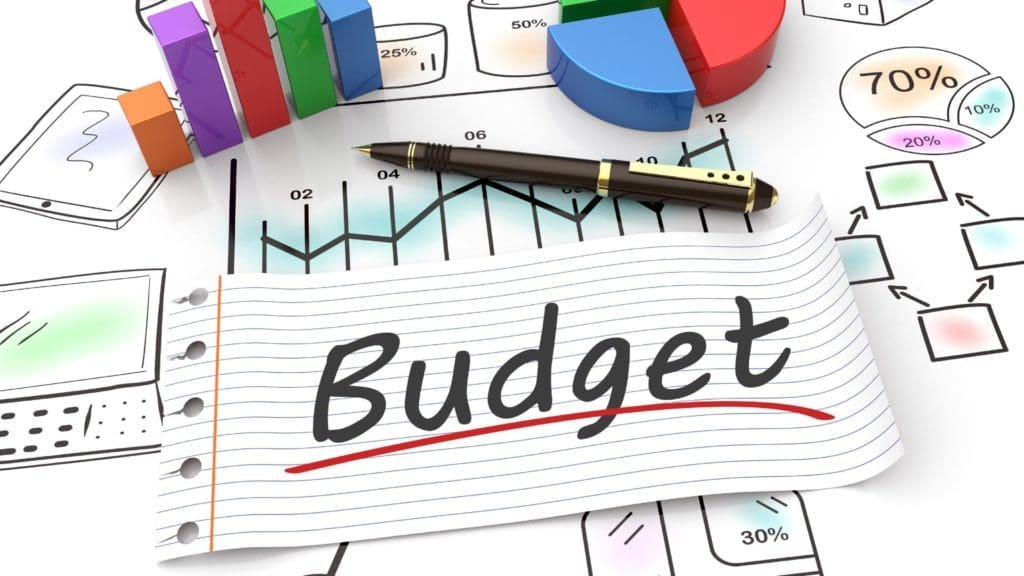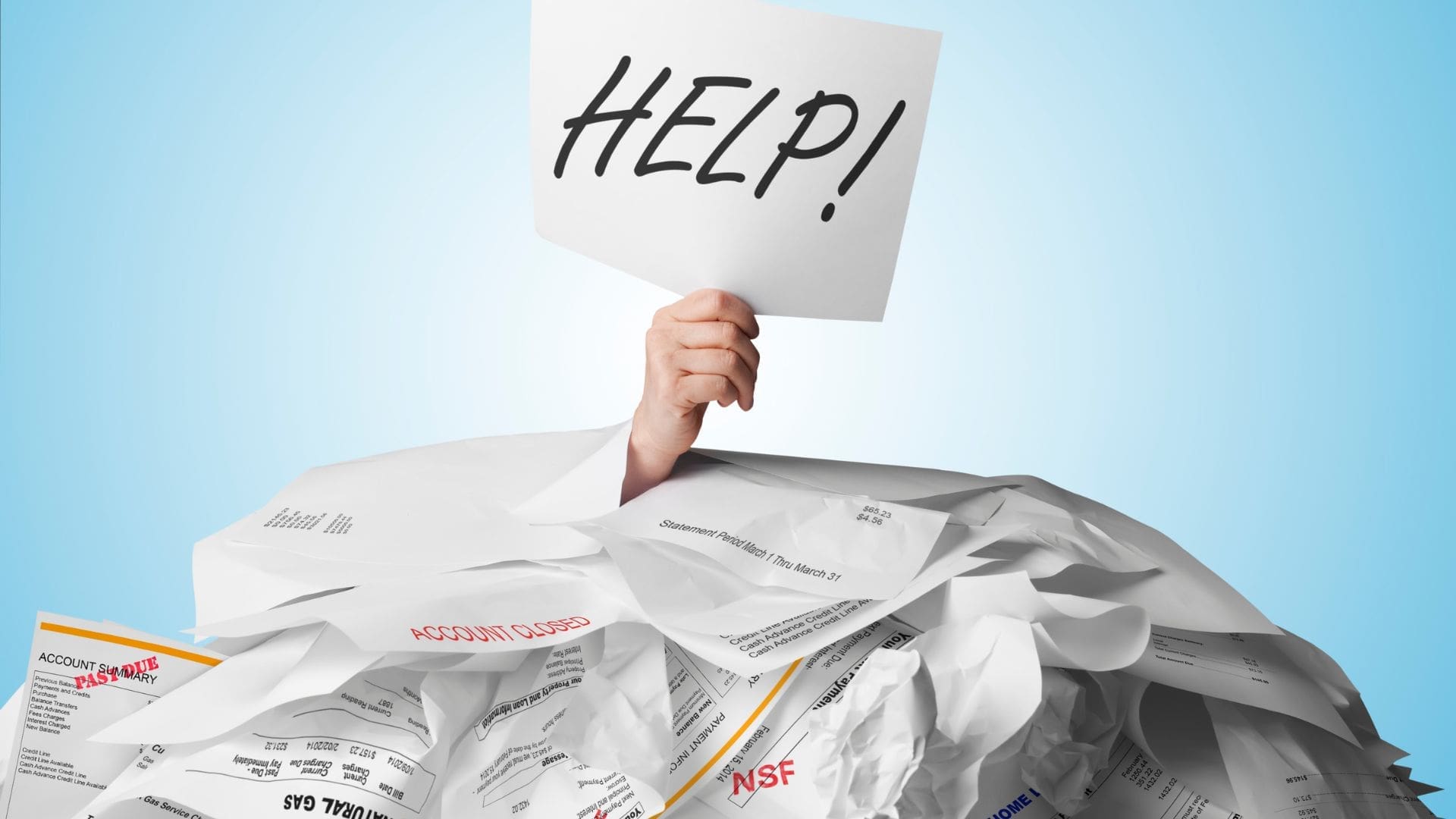How to Eliminate Personal Debt
Understanding Debt and Tips for Financial Freedom
Debt can be a heavy burden, causing stress and limiting financial freedom. However, with determination and the right strategies, it is possible to eliminate personal debt and pave the way to a debt-free future. In this comprehensive guide, we will explore various approaches to help you get out of debt, regardless of your financial situation, credit score, or income level. From understanding debt to negotiating with creditors, and how to improve credit score after debt settlement, these steps will empower you to take control of your financial life and achieve lasting debt relief.
Understanding Debt
Before embarking on a debt-elimination journey, understanding debt is the first ingredient in unlocking effective ways to deal with it. Let’s explore the various types of debt that individuals may encounter:
- SECURED DEBT – Backed by collateral, such as a mortgage or auto loan, where the asset may be repossessed if you default on payments.
- UNSECURED DEBT – Not tied to any collateral, such as credit card debt or medical bills.
- GOOD DEBT VS BAD DEBT – While some debts, like student loans or a mortgage, may be considered “good debt” if used responsibly, high-interest credit card debt and payday loans are often classified as “bad debt” due to their higher costs and potential to cause financial strain.
How to Get out of Debt with Low Income / No Money and Bad Credit
Getting out of debt with no money and bad credit or low income can be quite challenging, but it’s not impossible. With determination and a strategic approach, you can take steps towards improving your financial situation and working towards a debt-free future. Here are some tips to help you get started:
1. ASSESS YOUR DEBT SITUATION – Begin by gathering all your debt-related information, including outstanding balances, interest rates, and minimum monthly payments. Knowing the full scope of your debt will help you develop a plan to tackle it effectively.
2. CREATE A BUDGET – Even if you have limited income, creating a budget is crucial. List all your income sources and expenses, categorising them as necessities (e.g., rent, utilities, groceries) and non-necessities (e.g., entertainment, eating out). Be honest with yourself and identify areas where you can cut back on expenses.


3. PRIORITISE DEBT PAYMENTS – Once you have a budget, prioritise your debt payments. Focus on making at least the minimum payments on all debts while allocating any available extra funds to the debt with the highest interest rate or the smallest balance. This approach can help you save on interest and gain momentum as you pay off debts one by one.
4. NEGOTIATE WITH CREDITORS – If you’re struggling to make payments, consider reaching out to your creditors. Explain your financial hardship and inquire about possible options, such as lowering interest rates, setting up a payment plan, or negotiating a reduced settlement amount. You’d be quite astonished to recognise that some creditors may be willing to work with you in order to find a solution.
5. EXPLORE DEBT CONSOLIDATION – Debt consolidation can be a helpful option if you have multiple high-interest debts. Look into debt consolidation loans, where you combine all your debts into a single, more manageable loan with a lower interest rate. However, be cautious and avoid any predatory lending practices.
6. SEEK PROFESSIONAL GUIDANCE – Contact reputable credit counselling services or non-profit organisations that specialise in debt management. They can provide personalised advice, help negotiate with creditors, and guide you through the process of debt repayment.
7. INCREASE YOUR INCOME – Consider finding additional sources of income, such as part-time work, freelancing, or selling items you no longer need. Even a small increase in income can make a significant difference in your debt repayment efforts.
8. AVOID TAKING ON NEW DEBT – While trying to pay off existing debt, avoid taking on new debts or accumulating further credit card balances. Focus on living within your means and resisting the temptation to use credit to cover expenses.
9. STAY COMMITTED AND PATIENT – Getting out of debt takes time and dedication. Stay committed to your debt repayment plan, and be patient with yourself as you work towards your financial goals.
10. EDUCATE YOURSELF – Take advantage of financial literacy resources to learn more about managing money, budgeting, and debt management. The more you educate yourself, the better equipped you’ll be to make informed financial decisions.
Remember, progress may be slow at first, but every small step counts towards your journey to eliminate personal debt. Celebrate each debt that is paid off and stay focused on your ultimate goal of becoming debt-free, even with limited funds and bad credit.









Leave feedback about this